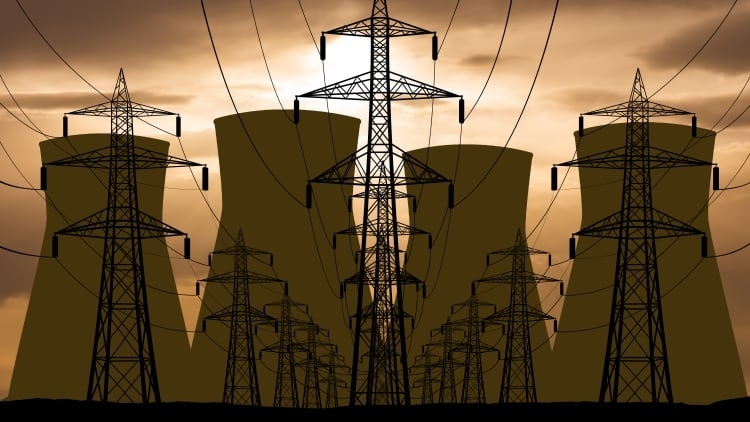Publisher: Maaal International Media Company
License: 465734
Tech giants… Why are they betting on nuclear energy?!
Data centers that support artificial intelligence and cloud computing are pushing energy demand and production to new limits.
According to the US Department of Energy, global electricity use could rise by up to 75% by 2050, with the tech industry’s growing AI ambitions driving much of this increase.
It warned that data centers that support artificial intelligence and cloud computing could soon grow so large that they could use more electricity than entire cities. As leaders in the AI race seek to achieve and deploy more technological advances, many are finding that their energy needs are increasingly at odds with their sustainability goals. Experts in the field have sounded the alarm.
اقرأ المزيد
“A new data center that needs the same amount of electricity as Chicago can’t make its way out of the problem unless it understands its energy needs,” said Mark Nelson, managing director of Radiant Group Energy. “These are energy needs. 100% constant, continuous energy, 24 hours a day, 365 days a year.”
After years of focusing on renewables, big tech companies are now turning to nuclear power for its potential to deliver massive amounts of energy in a more efficient and sustainable way. Google, Amazon, Microsoft and Meta are among the most high-profile names exploring or investing in nuclear power projects. Driven by the energy demands of their data centers and AI models, their announcements mark the start of an industry-wide trend. “What we’re seeing is that nuclear has a lot of benefits,” said Michael Tyrrell, Google’s senior director of energy and climate. “It’s a carbon-free source of electricity. It’s a source of electricity that can be on all the time. It also has a huge economic impact.” Once largely dismissed by widespread concerns about nuclear meltdowns and safety risks — and misinformation that has amplified those concerns — experts are now touting the latest tech investments as the start of a “nuclear renaissance” that could accelerate the energy transition in the United States and around the world, according to CNBC.








